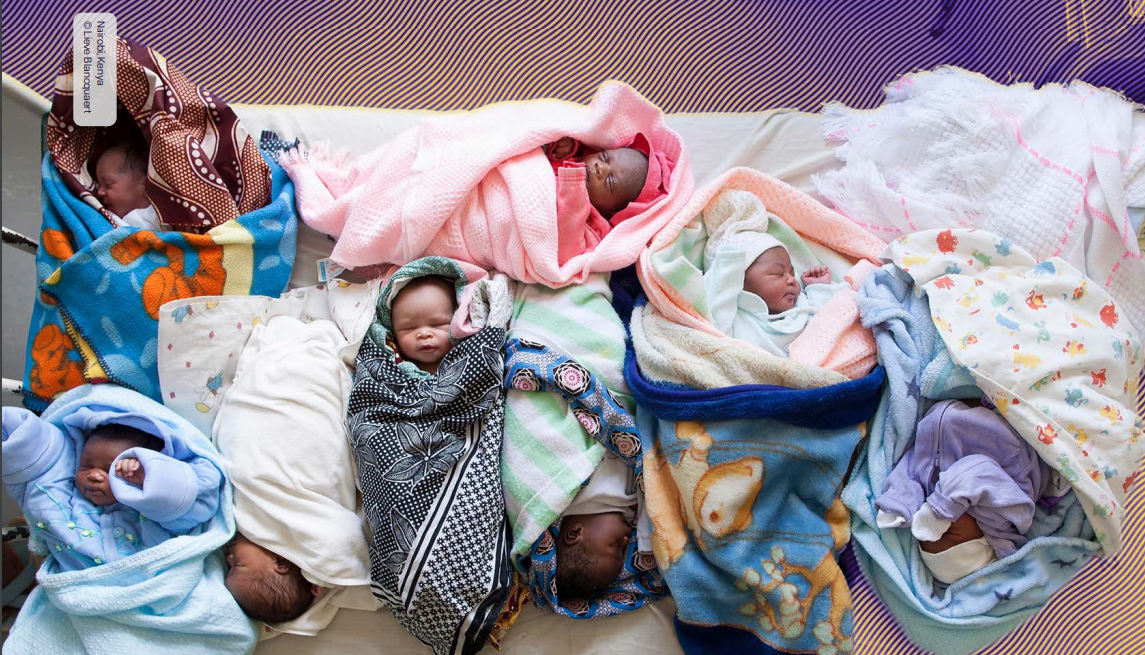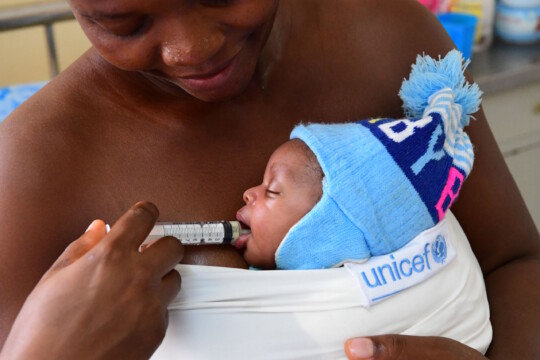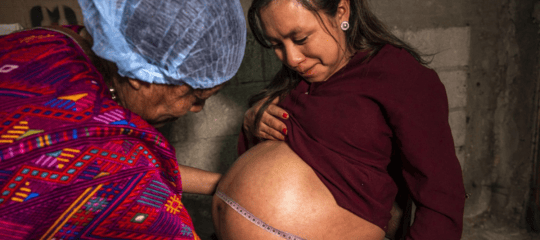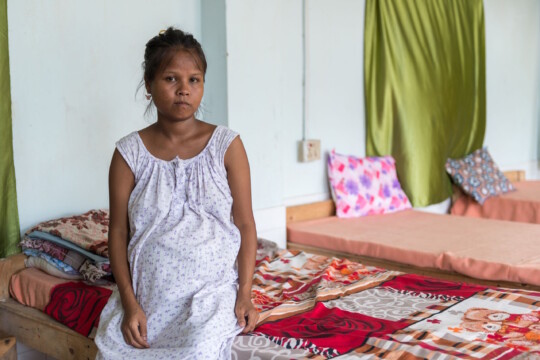The world is facing a silent emergency with a staggering 152 million babies born preterm in the last decade. Shockingly, preterm birth rates have not improved across regions, making it the leading cause of child deaths. Urgent action is needed to prevent preterm births, improve care for affected infants, and address the escalating risks posed by conflicts, climate change, and the ongoing COVID-19 pandemic.
The Born Too Soon: Decade of Action on Preterm Birth report, jointly produced by the World Health Organization (WHO), the United Nations Children’s Fund (UNICEF), and the Partnership for Maternal, Newborn & Child Health (PMNCH), reveals the severity and scale of this crisis. Preterm survivors face lifelong health consequences, disabilities, and developmental delays. Disparities in survival rates persist, with only 1 in 10 extremely preterm babies surviving in low-income countries compared to over 9 in 10 in high-income countries. Southern Asia and sub-Saharan Africa bear the highest burden, accounting for more than 65% of global preterm births.
The report emphasizes the critical link between maternal health risks and preterm births, underscoring the need for comprehensive sexual and reproductive health services. WHO, UNICEF, UNFPA, and PMNCH call for immediate action, including increased investments in maternal and newborn health, accelerated implementation of national policies, integration of efforts across sectors, and investment in locally led innovation and research.




